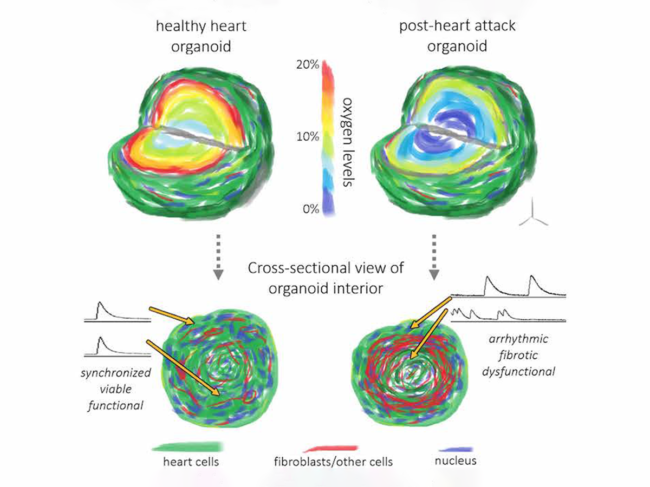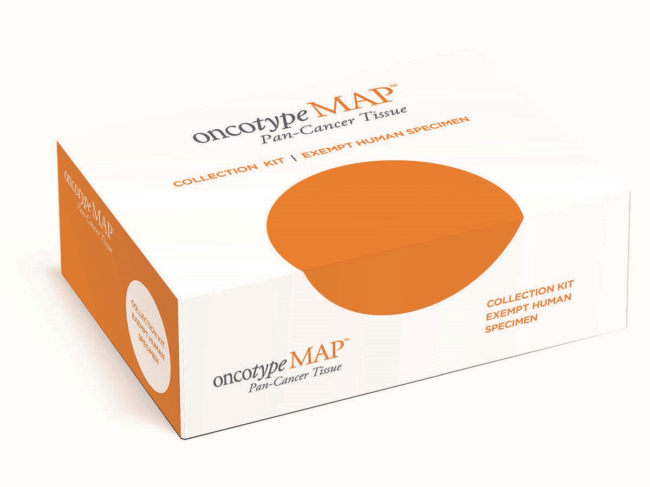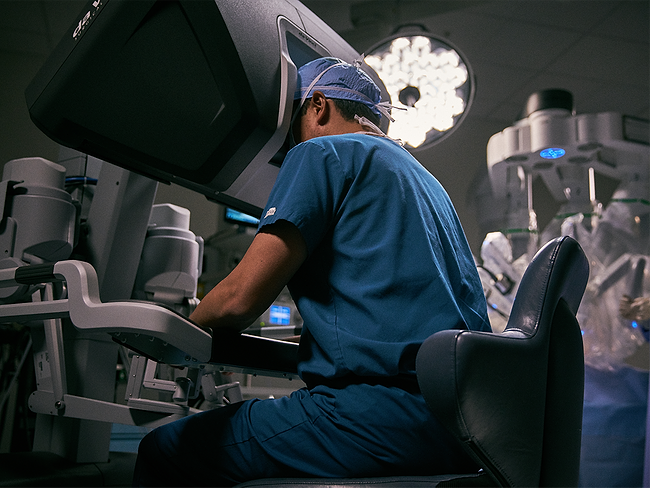
U.S.
The Food and Drug Law Institute Annual Conference
FDLI panelists: Some at FDA believe agency’s hands not tied by lack of authorizing statutes
Read MoreVirtual Medtech Conference
The future of robotic-assisted surgery looks bright despite COVID-19
Read More2020 Medical Innovation Summit







